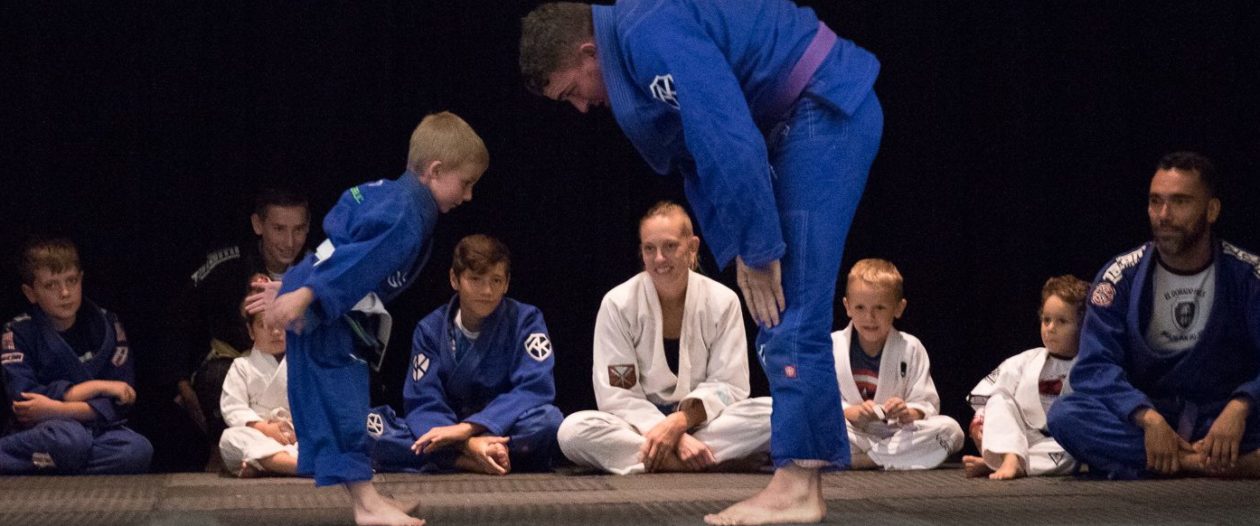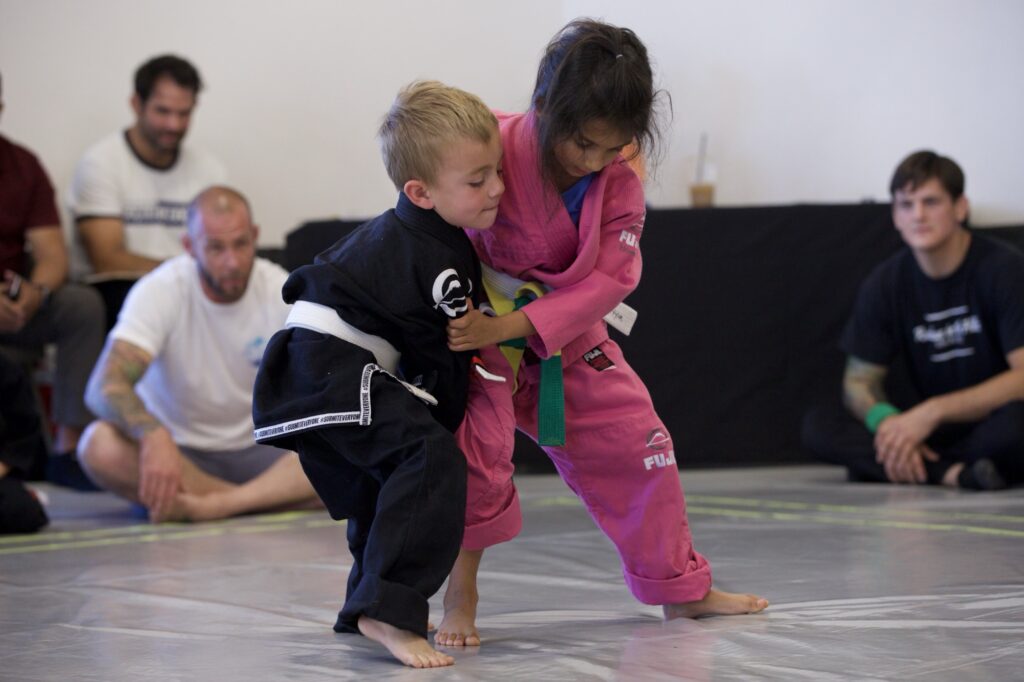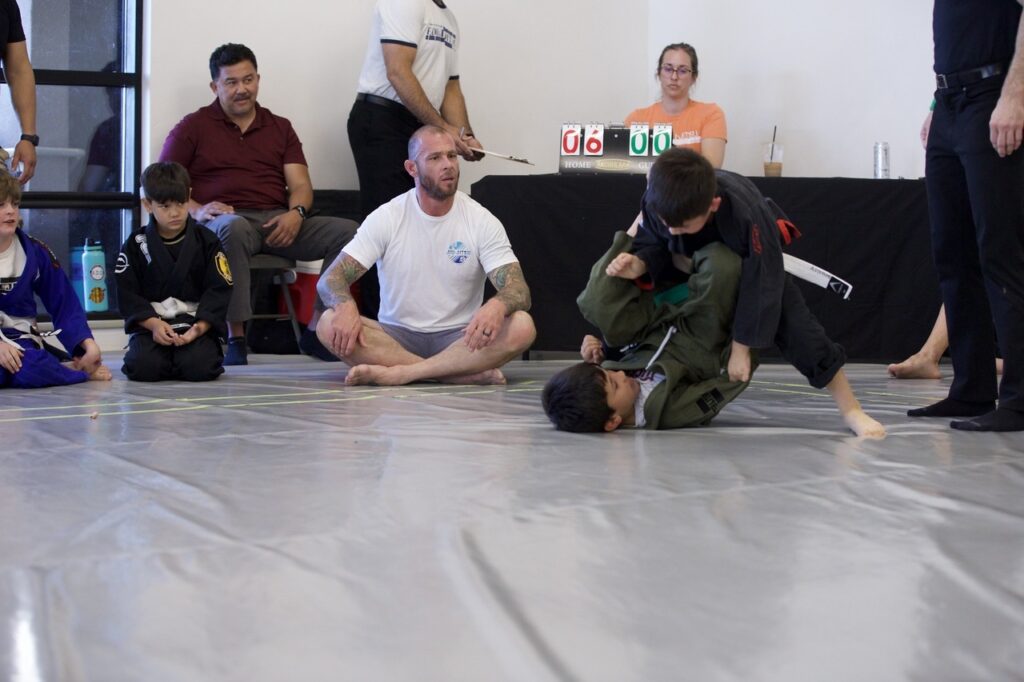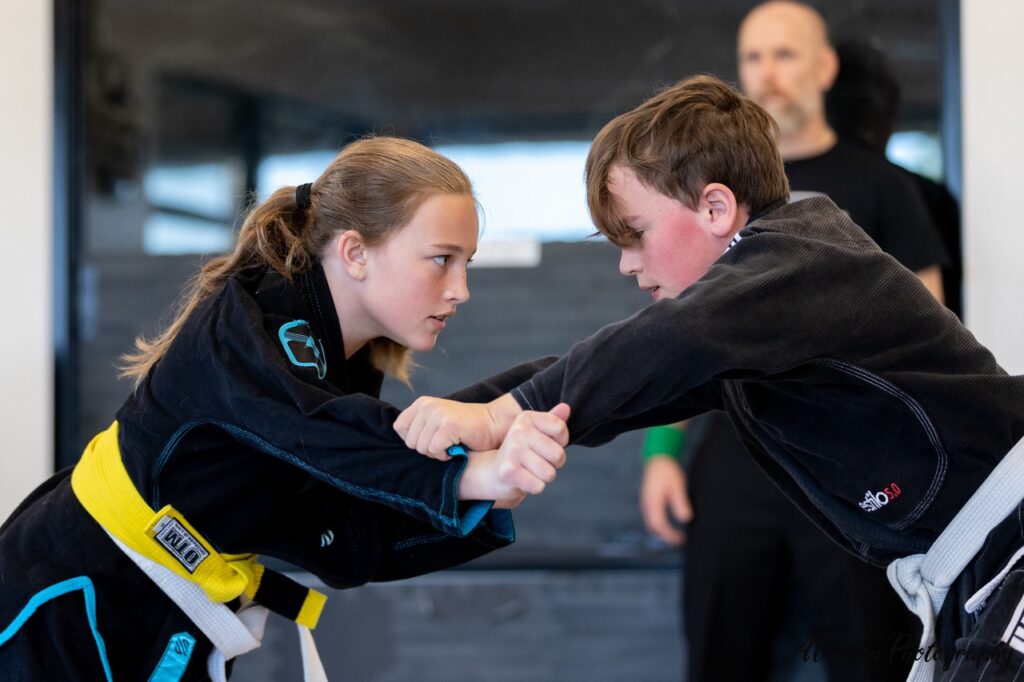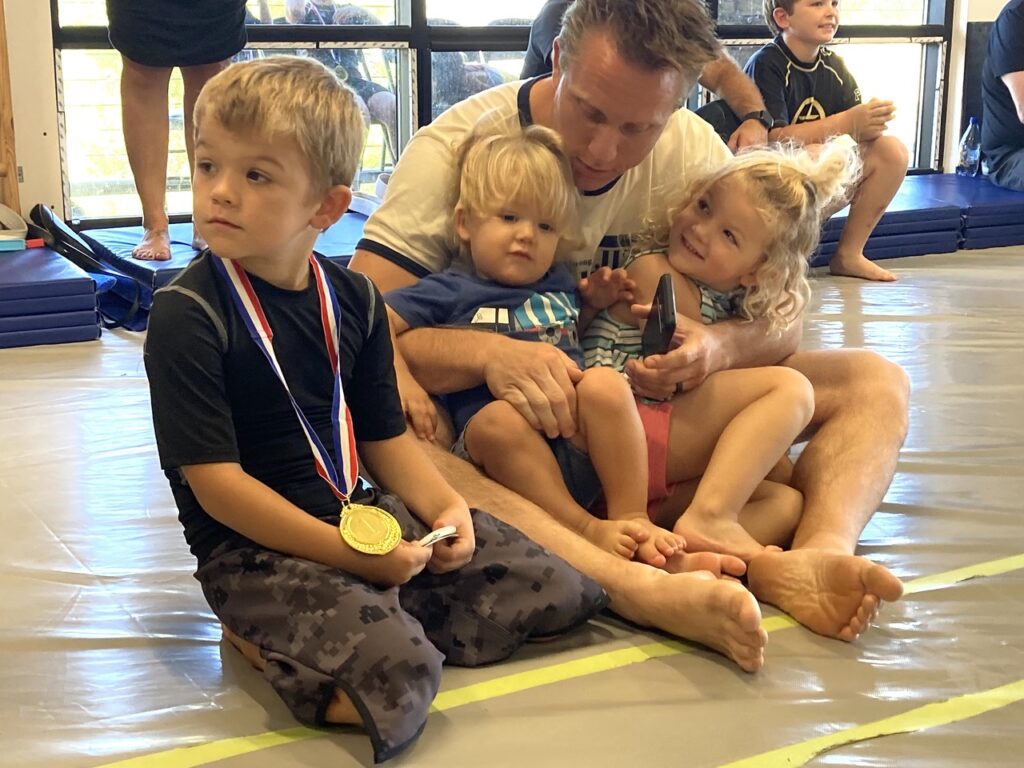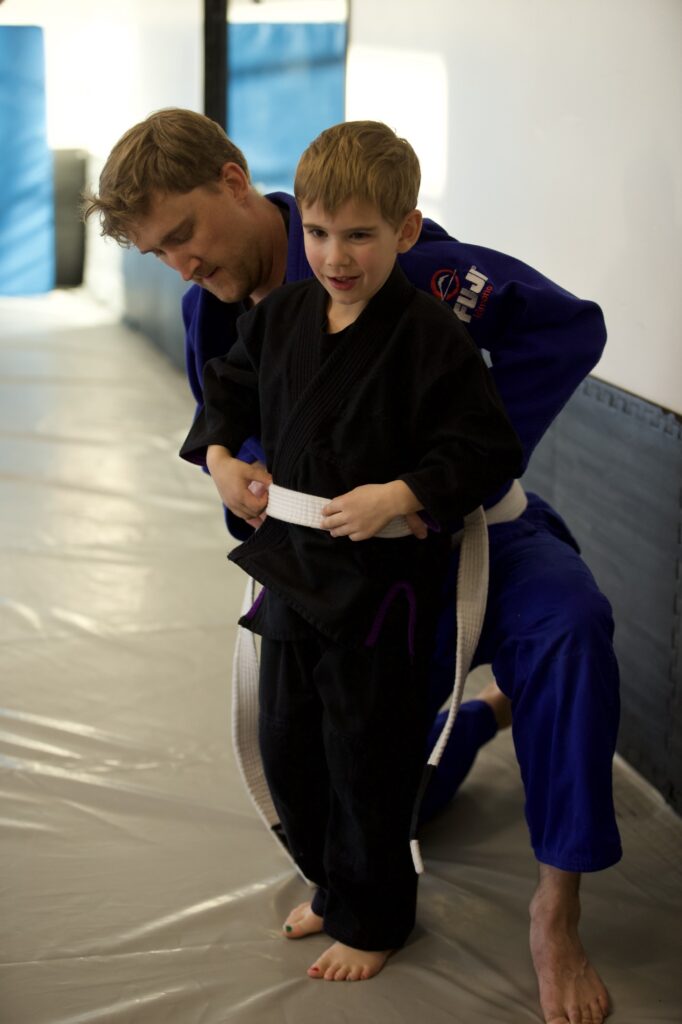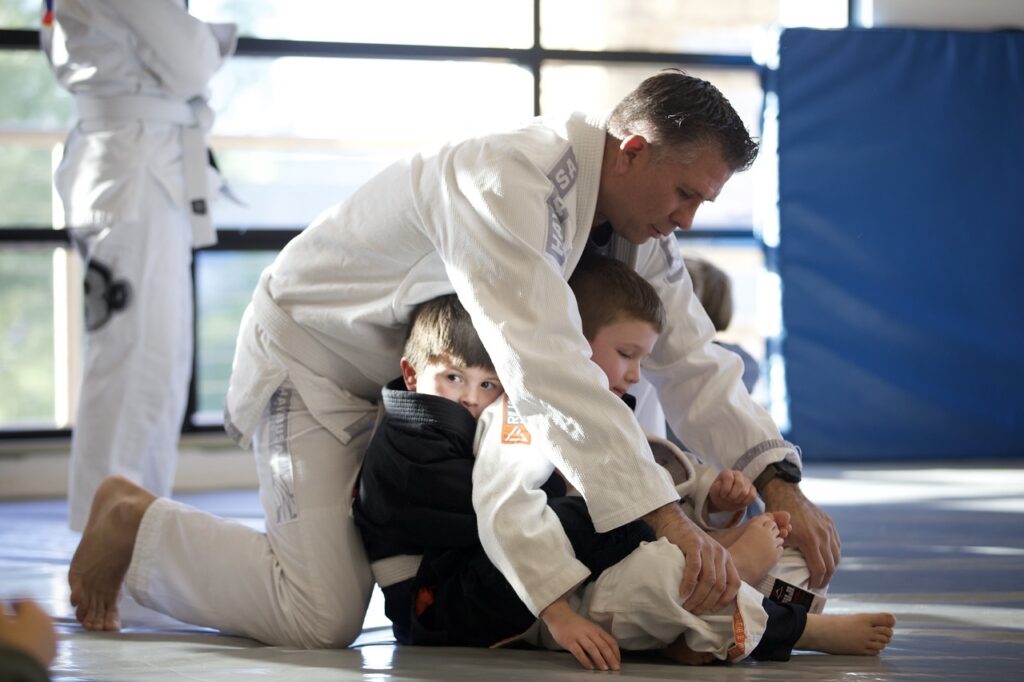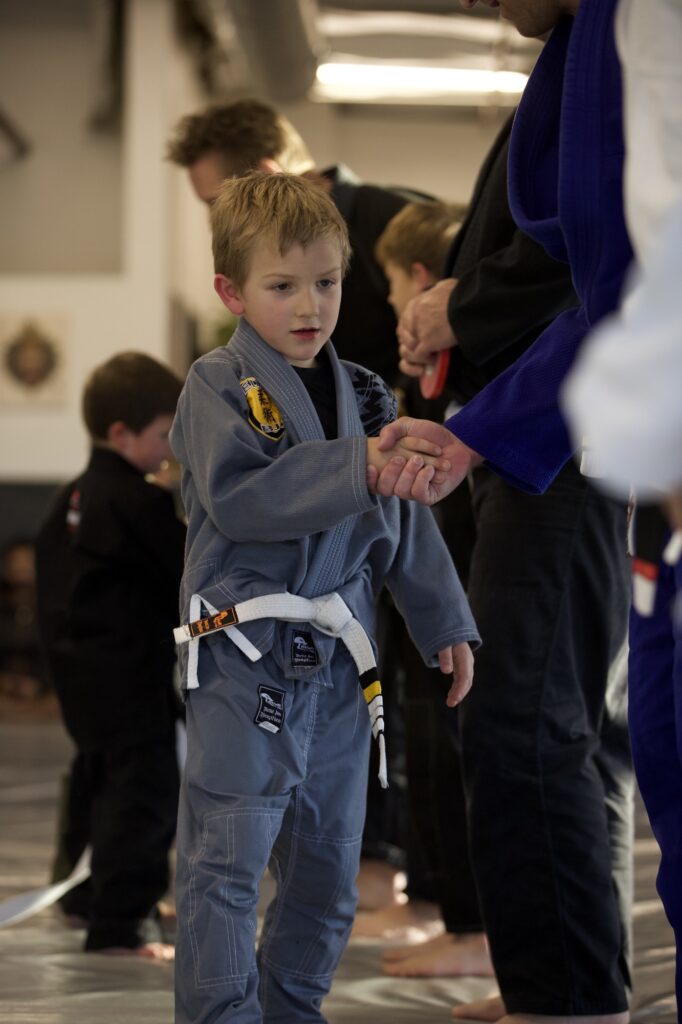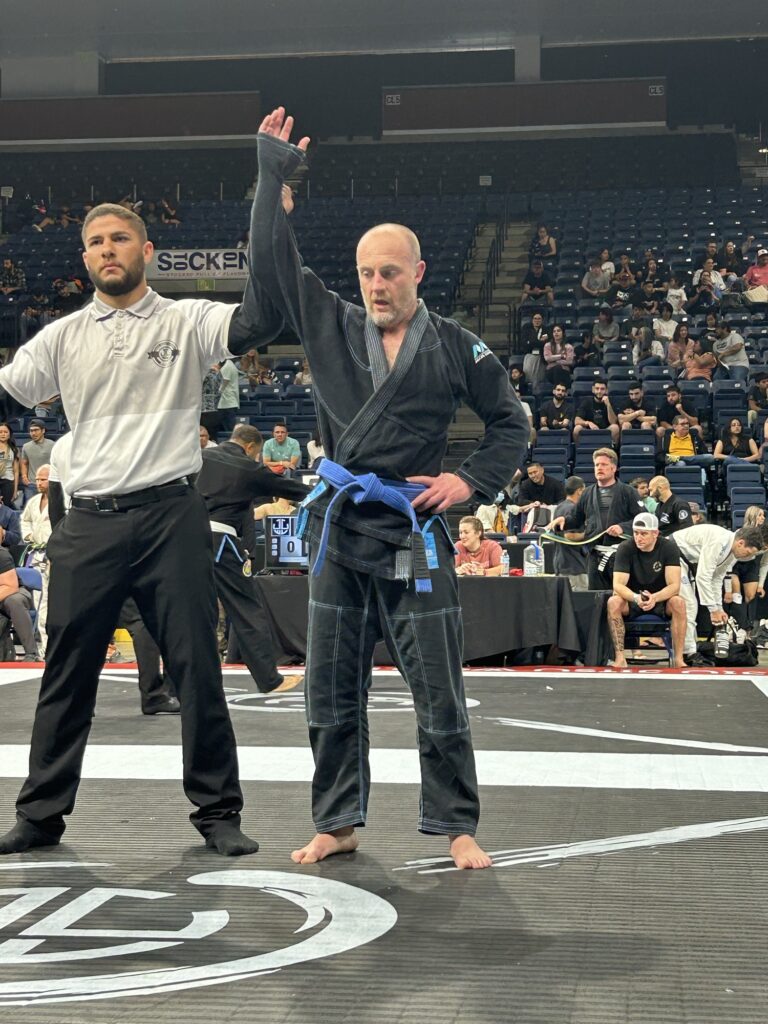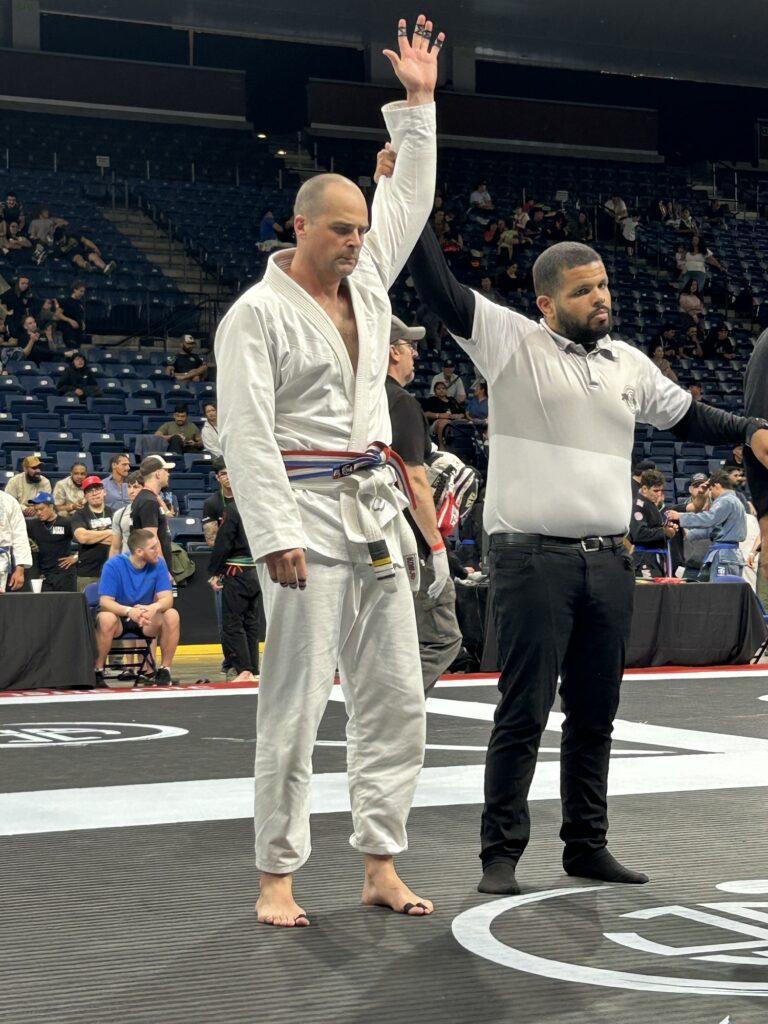In the realm of martial arts, few figures loom as large as Kano Jigoro. Renowned as the founder of Judo and a visionary educator, Kano’s impact reverberates across disciplines, shaping not only combat sports but also the broader landscape of physical education and character development. Let’s delve into the life and legacy of this extraordinary figure who transformed the martial arts landscape forever.
Born on October 28, 1860, in Mikage, Japan, Kano was exposed to the world of martial arts from a young age. His journey began with the study of traditional jujutsu, a combat art emphasizing grappling techniques and leverage. However, Kano envisioned a more holistic approach—one that prioritized not only physical prowess but also mental discipline and moral character.
Kano’s vision crystallized with the creation of Judo, which he founded in 1882. Drawing from his deep understanding of jujutsu and inspired by principles of efficiency and mutual benefit, Kano formulated Judo as a martial art and a philosophy. Central to Judo is the concept of “maximum efficiency, minimum effort,” which emphasizes using an opponent’s strength and momentum to achieve victory.
One of Kano’s most significant contributions to martial arts was his emphasis on randori, or free practice. Unlike the rigid, prearranged forms of traditional martial arts, randori allowed practitioners to engage in dynamic, unscripted exchanges, honing their skills in real-time combat situations. This innovative approach not only revolutionized training methods but also laid the foundation for modern sports grappling competitions.
Beyond the realm of combat, Kano was a pioneer in the field of physical education. He recognized the transformative power of martial arts as a vehicle for personal development and social cohesion. Through Judo, Kano sought to instill values such as respect, perseverance, and self-discipline in practitioners, transcending mere physical skill to cultivate well-rounded individuals.
Kano’s influence extended far beyond the borders of Japan, as he tirelessly promoted Judo on the global stage. In 1889, he founded the Kodokan, the first Judo academy, which served as a hub for training and disseminating his teachings. Under his guidance, Judo spread to countries around the world, becoming an Olympic sport in 1964 and gaining millions of practitioners worldwide.
Despite his immense contributions, Kano’s legacy transcends mere athletic achievement. He was a true visionary who understood the potential of martial arts to shape lives and societies. Through his tireless efforts, Kano not only revolutionized the practice of Judo but also laid the groundwork for the modern martial arts landscape we know today.
In recognition of his unparalleled impact, Kano Jigoro was posthumously awarded the highest honor in Judo, the 10th dan, making him one of only two individuals to ever receive this distinction. His teachings continue to inspire generations of martial artists, reminding us that the true essence of martial arts lies not in victory on the battlefield, but in the pursuit of personal growth and enlightenment.
As we reflect on the life and legacy of Kano Jigoro, let us not only celebrate his achievements but also strive to embody the principles he espoused—both on and off the mat. For in the spirit of Judo lies the timeless pursuit of excellence, both in body and in spirit.
